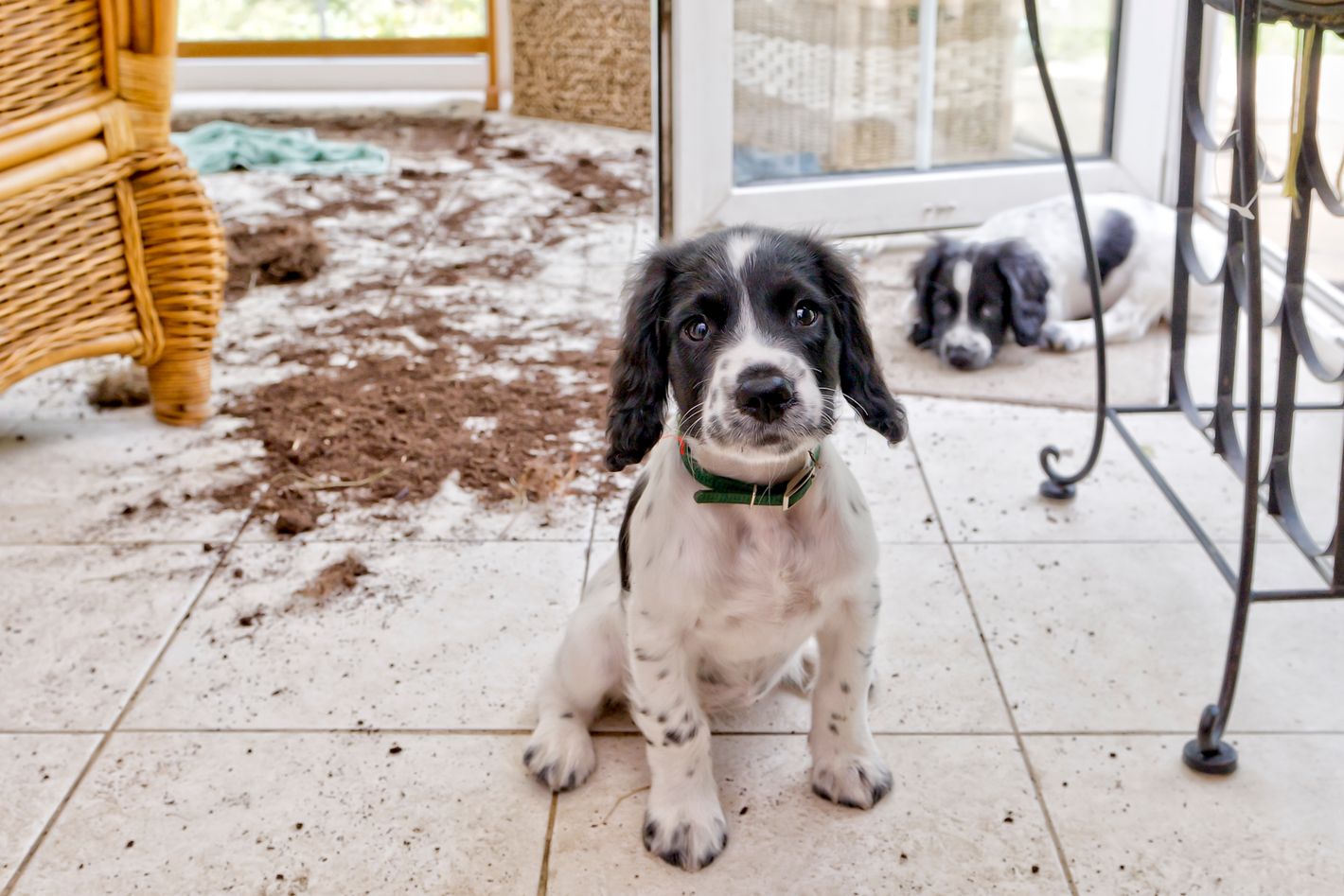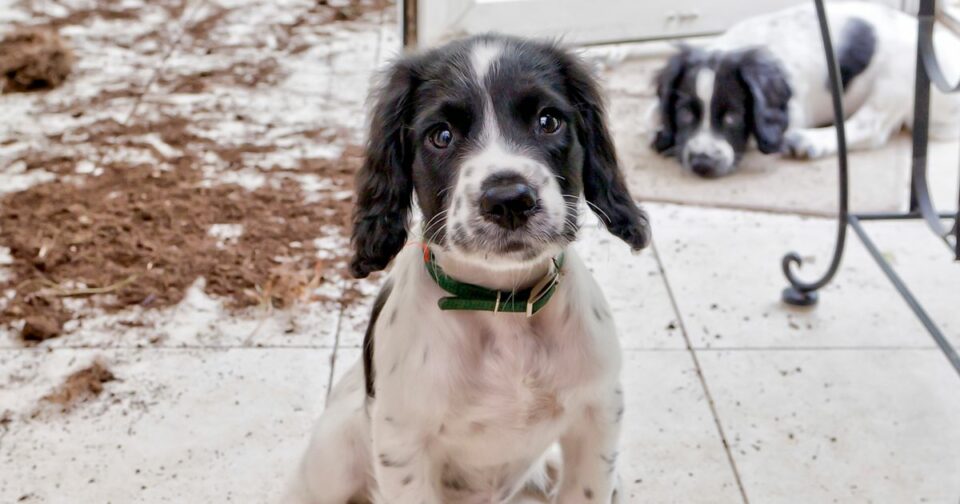
At a housewarming party last year, an old friend confessed that she still felt guilty about a petty thing she’d done to me more than a decade ago. “It’s something I’ll always regret, and I want you to know that I’m still so sorry,” she said.
Did I need to know? Honestly, I hadn’t thought about it in ages. It’s true that she had behaved badly, but she’d also apologized profusely and sincerely afterward, and we’d hashed it out over many margaritas before relaxing back into the kind of friendship where we know intimate details about each others’ podcast preferences. Still, she felt the need to explain that our relationship meant a lot to her, and she felt terrible that she’d ever jeopardized it, and so on, and so on … the apology floodgates opened. Suddenly, standing in the corner at the party, I found myself in the awkward position of comforting her for how badly she felt about what she had done to me.
It was a weird situation, but nice to know she cared so much. More importantly, I felt for her and wanted to let her off the hook. I know from personal experience that past transgressions have a way of haunting us. I’ve spent my fair share of hours staring at the ceiling in the middle of the night, cringing about something I did a decade ago and wishing I could make it up to the person I’d wronged, or at least prove to them I wasn’t really such a jerk.
This kind of self-imposed psychological punishment is apparently a normal part of maintaining human connections, according to Karina Schumann, a psychology professor who studies conflict resolution, apologies, and forgiveness at the University of Pittsburgh. “Research shows that after someone does something that harms a relationship, they want to have a sense of acceptance again, and get reassurance that they are a good person,” she says. That’s why apologies aren’t just about placating the victim of the offense — they’re about restoring a sense of moral equilibrium to the offender, too.
Most of what you read about apologies addresses how to go about it (or not, if you do it too much), but there’s precious little about how to receive an apology in a way that puts the matter to bed for both parties — or asks more of the apologizer, if that’s what you want. “If a person apologizes to you, you feel like you have to respond in a particular way,” says Gili Freedman, a social psychologist who studies social rejection at St. Mary’s College of Maryland. “The normative response is to express forgiveness and say, ‘It’s all right.’ And that can be problematic if you don’t actually forgive them, but you feel constrained by the social norm to tell them that you do.”
It’s also problematic if the person making the apology suspects you aren’t being honest with them. So! How do you accept an apology gracefully and truthfully? I asked the experts for pointers.
If you’re still upset and not ready to let it go yet:
You should say so, but be careful with your language and tone. “It’s important to be genuine without being hostile,” says Schumann. “Research shows that using a ‘constructive voice’ — where you voice your concerns in a positive, calm way — is the most effective way to invite behavioral changes and better relationships. Sweeping things under the rug and pretending to forgive when you’re not ready are not going to fix the problem.”
Some examples: “Thank you, I needed to hear this apology. I really am hurt.” Or, “I appreciate your apology. I need time to think about it, and I need to see a change in your actions before I can move forward with you.”
Don’t criticize the transgressor, as hard as it may be to hold back in the moment. “Avoid negative strategies like contempt, attacking the person’s character, or mocking them, or rolling your eyes at them,” says Schumann. “The other person will just get defensive and put up a wall, and you’ll get even more upset.”
While you shouldn’t sweep your feelings under the rug, you also don’t want to hold onto your grievance too tightly or for too long (even if it’s tempting to make the guilty party squirm as much as possible). Numerous studies have found that forgiving others has positive benefits for your mental and physical health. It’s also possible to forgive someone without letting them off the hook, says Fred Luskin, a psychologist who researches forgiveness at Stanford University. “Forgiveness is not the same as reconciliation. It doesn’t mean you need to go make nice,” he writes. “When we take steps to soothe our emotional and physical distress, we naturally disengage ourselves from the offender.” In other words, sometimes you have to take ownership of making yourself feel better; holding out for someone else to give you the apology that you want puts too much control in their hands.
If the apology was warranted, and you want the offender to know it, but you’re also ready to move on:
Ask for what you need, says psychologist Jen Thomas, co-author of The Five Languages of Apology. Her research posits that there are five modes or “languages” for apologies — expressing regret (“I’m so sorry”), accepting responsibility (“I was wrong, and you were right”), making restitution (“What can I do to make this up to you?”), genuinely repenting (“I’ve learned, and I won’t do it again”), and requesting forgiveness (“Will you please forgive me?”) — and we all have one type, or a combination of a few, that we’re most comfortable with. Our apology language is usually instilled in us during our upbringing, she says, and can also shift depending on who the offender is, and the offense itself.
Most people are sophisticated enough to understand “sorry” even if it isn’t conveyed in their preferred mode (say, your partner brings you flowers instead of vocalizing that he was wrong — you still get the message). “But if an offense is serious or repeated, people may want the apology restated in their apology language,” says Thomas. She recommends saying something like, “I really appreciate what you’re saying. But I would really feel much better if I knew you weren’t going to do this again. How can I know that you won’t?”
It’s possible — and totally appropriate — to assert the gravity of what the offender has done at the same time that you express a willingness to forgive them, says Schumann. In fact, you might need to spell out that it’s a big deal. “Typically with apologies, we see something called the ‘magnitude gap,’ where victims see the offense as being more severe, more unjustified, and more damaging to the relationship than transgressors do,” she says. “For that reason, victims tend to have less closure than transgressors, who tend to think that once they’ve apologized, the chapter is closed.” The best way to get closure for both parties is to be honest about how angry you were (or are), and explain how you hope things will be different in the future.
If you really aren’t upset and the person keeps apologizing anyway:
“Sometimes people catastrophize their own transgressions far more than their victims do, and worry about their impact on the relationship,” says Schumann. “Apologizing profusely usually means (1) they really care about you, and they want to make sure that relationship is repaired, or (2) they’re a highly anxious, vigilant person, either in general or in this particular social position, and don’t want to step on your toes.” In situations where power dynamics are imbalanced, overapologizing from the less-empowered party might be more expected (say, a lowly employee who spilled coffee all over the CEO).
But if it’s coming from a friend, it probably just means that they really value your opinion, Schumann explains. “Even though being on the receiving end of overapologies can feel burdensome, that empathy can be reciprocal: Just as the offender might be empathizing with the harm they’ve caused you, you can empathize with the guilt they’re feeling, and the fact that they want to restore the relationship.”
Ultimately, that’s what worked with my own friend. After trying various ways to reassure her that it was water under the bridge, I changed course and agreed with her. We were both so young and dumb, I said, and I have plenty of regrets about how careless I’d been with certain friends during that period of my life, too. “Really?” she asked, looking relieved. “That makes me feel better.”
Related
- This Book About Apologies Changed My Life
Charlotte Cowles , 2024-04-23 17:12:00
Source link


